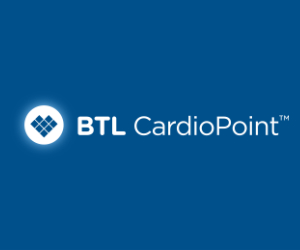Dabigatran etexilate – new treatment paradigm for prevention of stroke in patients with nonvalvular atrial fibrillation
Atrial fibrillation is the most common sustained heart rhythm disorder, associated with a higher risk of thromboembolic complications. For several decades, vitamin K antagonists have been used as single agents in long-term oral anticoagulant therapy for the prevention of thromboembolic disorders, reducing the risk of their occurrence, but increasing the risk of bleeding and having several other limitations. Dabigatran etexilate is a direct inhibitor of thrombin, showing a low potential for drug interactions and no food interactions. It provides efficient, predictable and consistent anticoagulation without the need for routine laboratory monitoring. The US Food and Drug Administration and European Medicines Agency have approved dabigatran etexilate for stroke risk reduction in patients with nonvalvular atrial fibrillation in October 2010 and in August 2011, respectively, based on the findings from RE-LY trial. The trial results clearly demonstrated that dabigatran etexilate significantly reduced the risk of stroke and systemic embolism beyond the reduction achieved with warfarin. In addition, it reduced life-threatening and intracranial bleeding. Thus, dabigatran etexilate has become a new standard of care in the prevention of thromboembolic complications in atrial fibrillation.
Key words:
atrial fibrillation; dabigatran etexilate; primary prevention; thromboembolism





